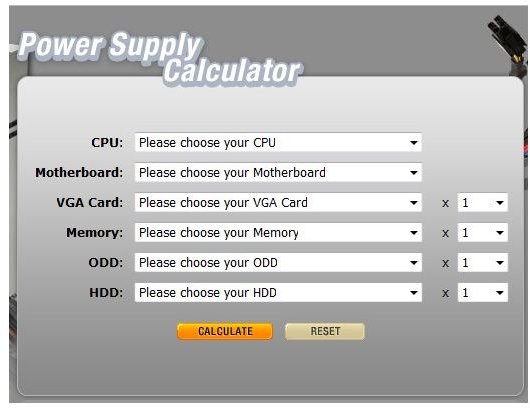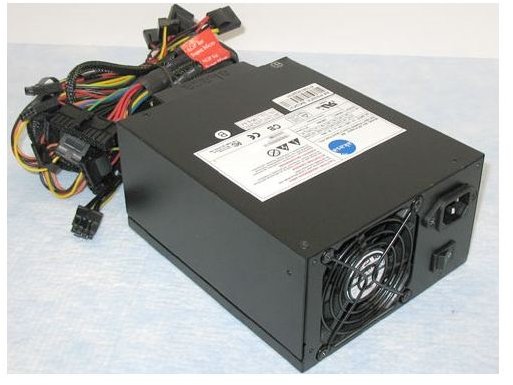How to Choose the Best Computer Power Supply - PSU Help Guide
The power supply is the single most important, yet most often overlooked component in any computer. It doesn’t matter what else you have installed, or how powerful it is, if it doesn’t get, good, steady power at the right voltage it’s just an expensive ornament.
As computers evolve, the components become more and more power hungry. That power has to come from somewhere, and mains electricity is too unstable to trust on its own. This is where the computer Power Supply Unit or PSU comes in. Not only does it convert the mains power into useable voltage for the computer, it also regulates it so each voltage requirement is met exactly. Computer components are delicate things, requiring pinpoint accuracy is power delivery. A graphics card that need 1.26 volts will overheat or worse if the voltage doesn’t stay within a pretty tight tolerance, and the same goes for every other component in the machine.
The PSU converts main AC into a variety of DC outputs suitable for the computer. There are three main voltages required by the PC, +12v, +5v and +3.3v which are all supplied via rails which are delivery mechanisms for each voltage. Each component will require one or a combination of feeds from all three rails. To complicate things, their power consumption and the output of the PSU is measured in Watts (W).
The first decision you need to make when considering a new power supply is how much power you need. This Power Supply Calculator is the easiest way of finding out roughly how much power your PSU needs to supply in order to run your machine. Add your machine details into the calculator to give you an idea of how much wattage it needs, then add at least 30% to that figure to arrive at the power requirement. The extra is just to add a margin of error, and prevent you needing to replace the PSU again if you add peripherals or a new hard drive.

One the wattage requirement has been calculated, you can start shopping. As with anything, you get what you pay for. There are many PSU manufacturers to choose from at many price points, and it will be tempting to spend as little as possible. Don’t. The better your PSU, the healthier your system will be.
To add to the confusion, there is also PSU efficiency to consider. This is the percentage of power that is wasted before it reaches the PC. If a PSU is 80% efficient it would need to draw 120W from the mains to convert it to 100W power. The extra 20% is converted to heat as a by-product of the conversion process , which is why PSUs have large heat sinks and a fan. The higher the efficiency of the PSU, the less power is wasted, meaning slightly lower power bills and heat generated. Even the most expensive power supplies currently on the market can only supply power at around 80-85% so this is the benchmark to aim for.
So you should now have enough information to make an informed decision when considering a power supply upgrade. If you ensure you get enough wattage, with enough margin for error and a quality PSU with a good efficiency rating you can’t really go wrong.
